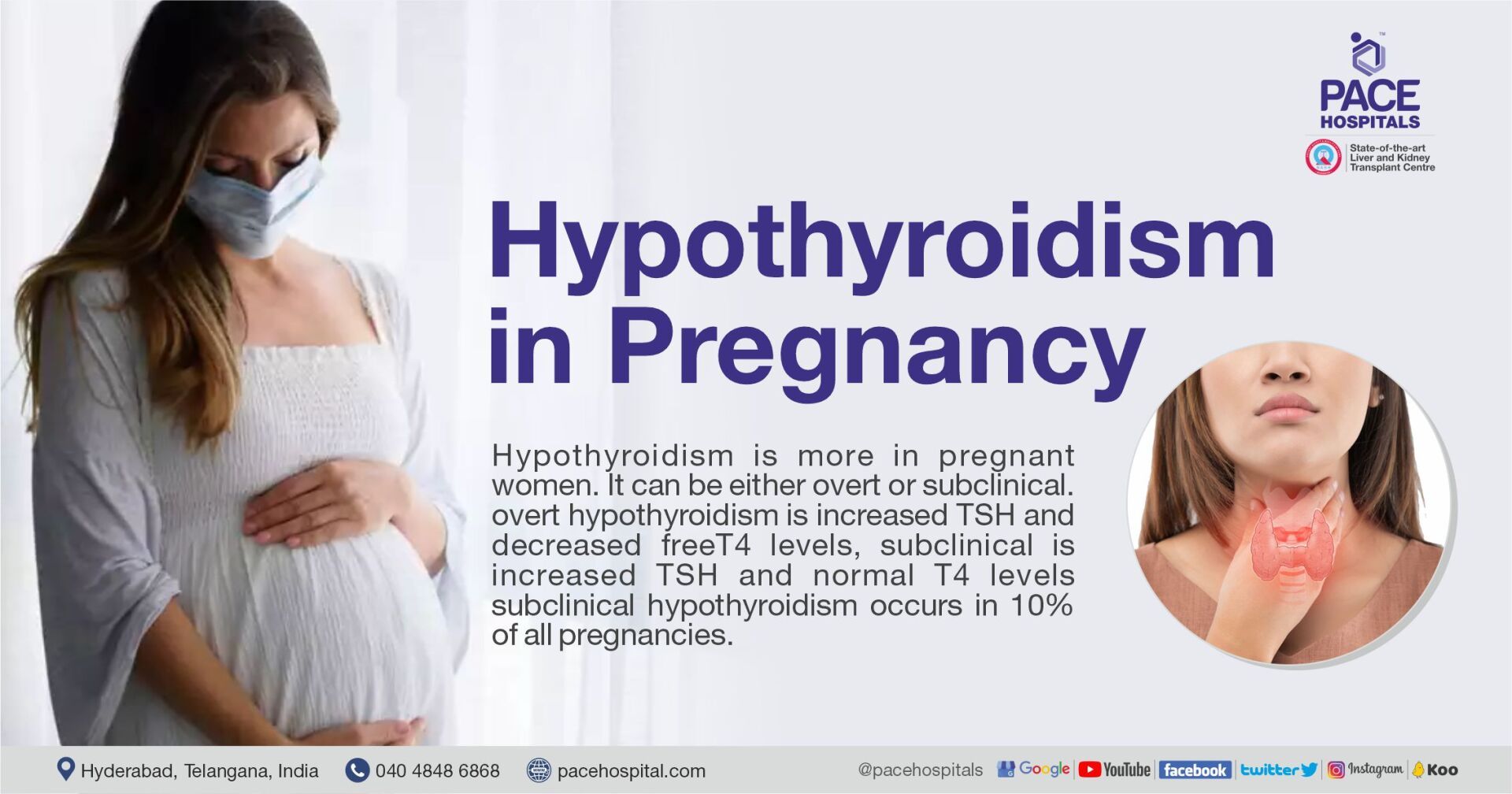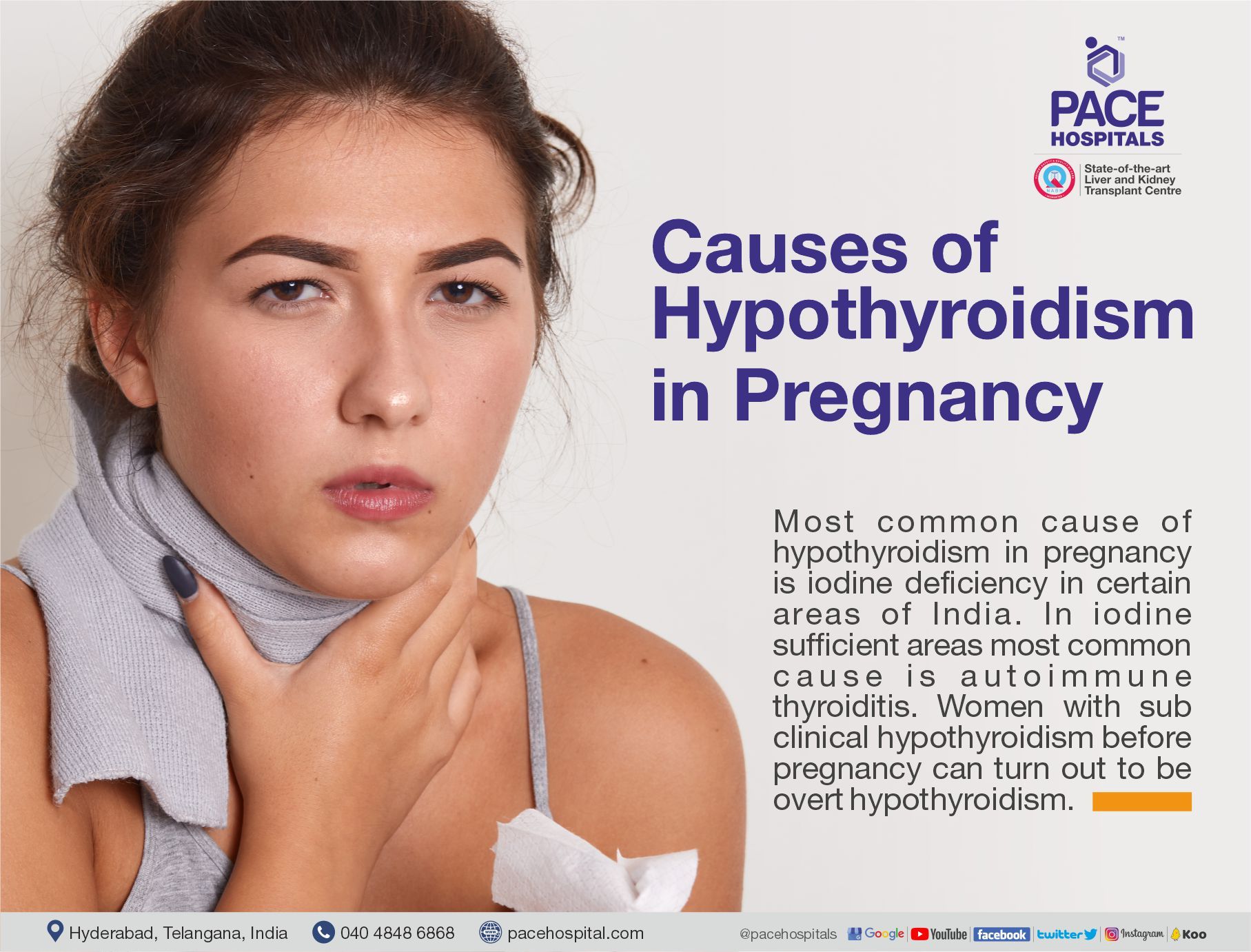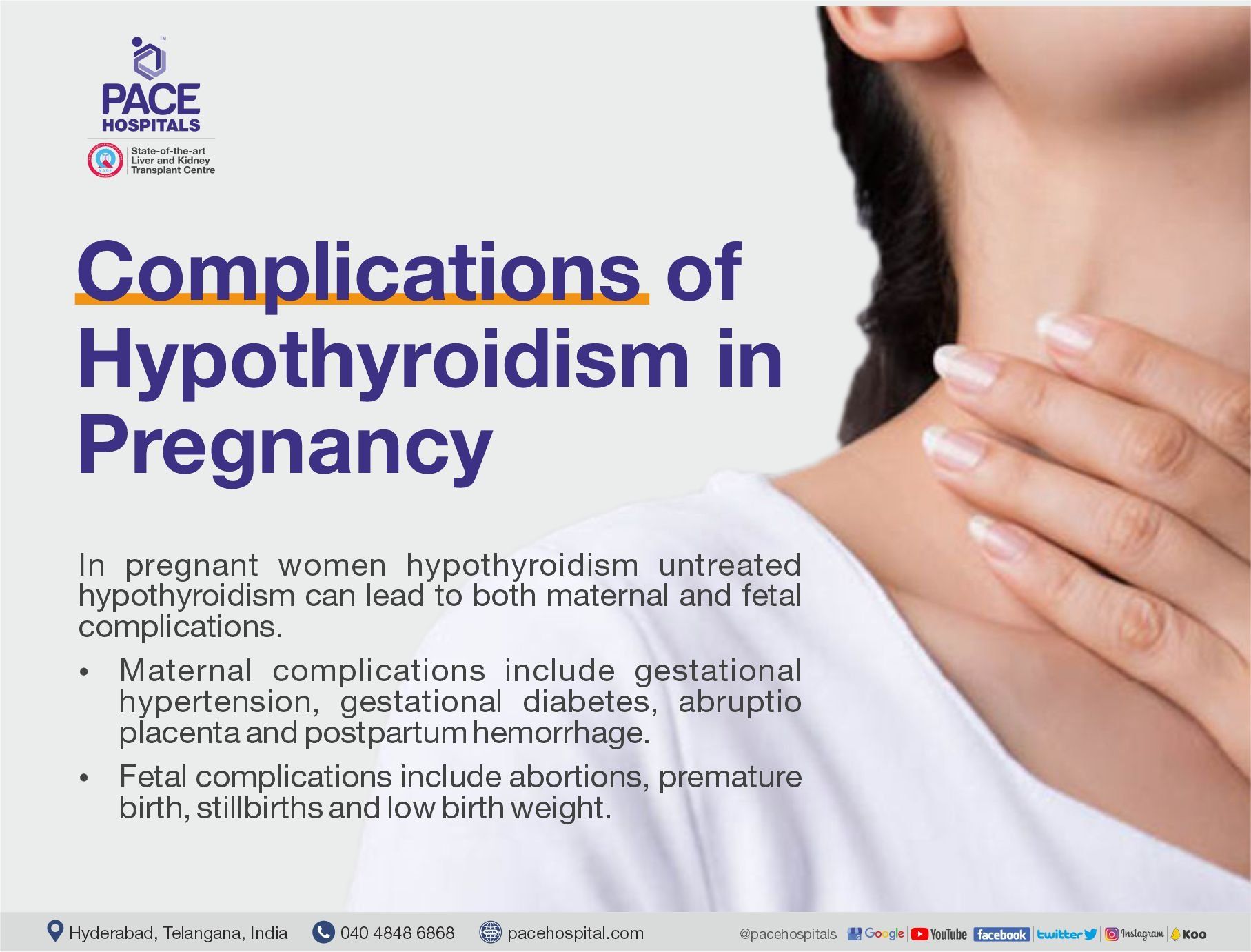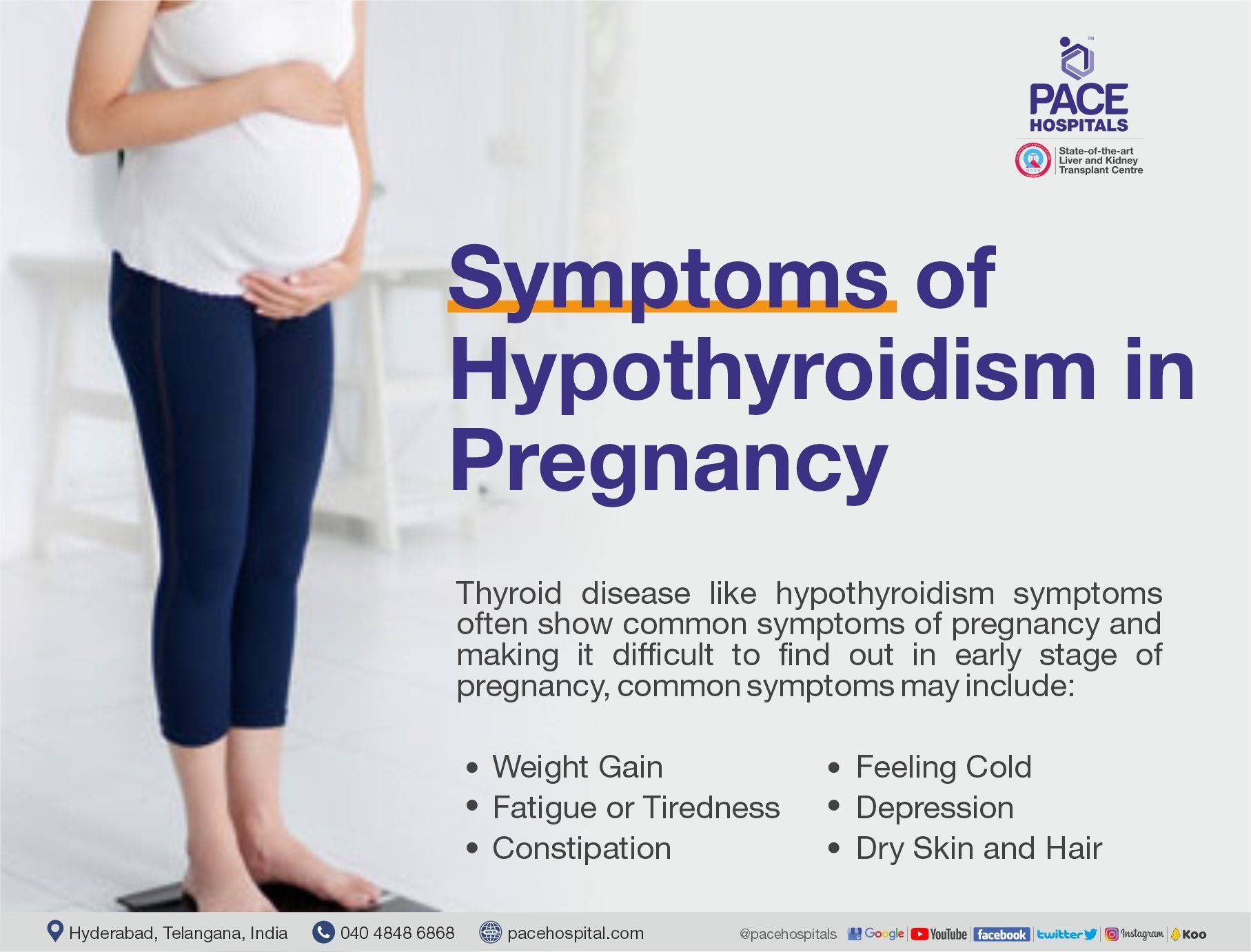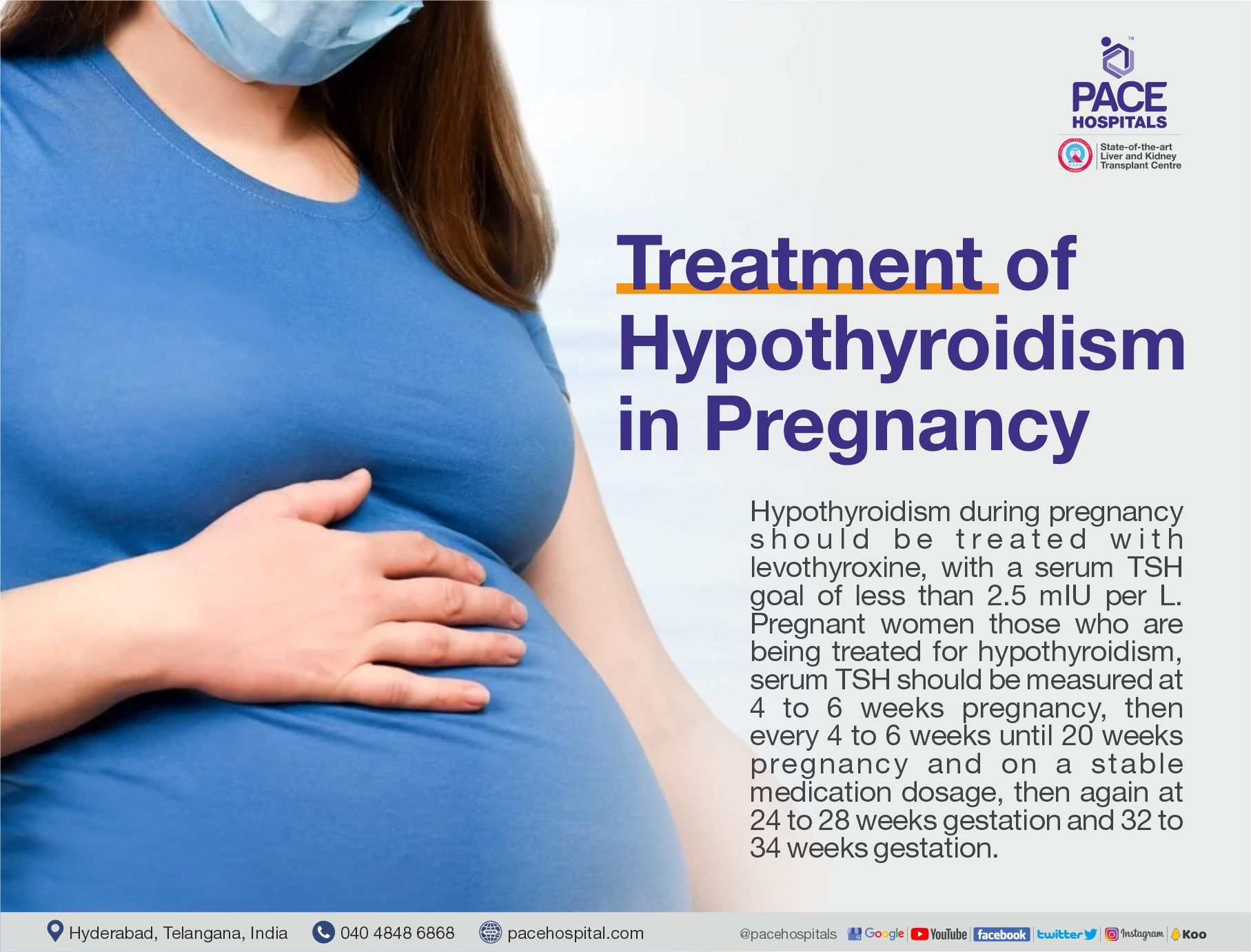Hypothyroidism in Pregnancy: Causes, Complications and Treatment
PACE Hospitals
Pregnancy has significant effect on thyroid function. Metabolic demand will be increased during pregnancy, as the thyroid hormones play major role in body metabolism thyroid gland secretes excessive hormones to meet the demand.
Thyroid disease is second common to diabetes mellitus that occurs in women during their pregnancy. Poorly controlled thyroid disease is having complications and risk of pregnancy, and treatment is an essential part of prenatal care to ensure fetal and maternal well-being.
Prevalence of hypothyroidism in pregnancy
Prevalence of hypothyroidism is more common in pregnant women then hyperthyroidism. Hypothyroidism can be either overt or subclinical. overt hypothyroidism is increased TSH and decreased free T4 levels, subclinical is increased TSH and normal T4 levels, subclinical hypothyroidism occurs in 10% of all pregnancies.
Causes of hypothyroidism in pregnancy
Most common cause of hypothyroidism in pregnancy is iodine deficiency in certain areas of India. In iodine sufficient areas most common cause is autoimmune thyroiditis. Women with sub clinical hypothyroidism before pregnancy can turn out to be overt hypothyroidism.
Complications / Risk of hypothyroidism in pregnancy
During 1st trimester, the fetus is unable to produce thyroid hormones, so it depends on maternal thyroid hormones for neurodevelopment. In pregnant women hypothyroidism is dangerous in pregnancy, untreated hypothyroidism can lead to both maternal and fetal complications.
- Maternal complications include gestational hypertension, gestational diabetes, abruptio placenta and postpartum hemorrhage.
- Fetal complications include abortions, premature birth, stillbirths and low birth weight.
- Overt hypothyroidism also has a detrimental impact on neurocognitive development of the fetus.
- Subclinical hypothyroidism might also have similar adverse effects. Children born to a mother with untreated hypothyroidism are at high risk of having low IQ scores and learning disabilities.
What are the symptoms of hypothyroidism in pregnancy?
Thyroid disease like hypothyroidism symptoms often show common symptoms of pregnancy and making it difficult to find out in early stage of pregnancy, common symptoms may include:
- Weight gain
- Fatigue or Tiredness
- Constipation
- Feeling cold
- Depression
- Dry skin and hair
Some pregnant women with mild or early hypothyroidism may present with no symptoms.
Whom to screen for thyroid testing in pregnancy?
Pregnant women with any of the following are candidates for hypothyroidism screening:
- Living in an area of moderate to severe iodine insufficiency
- Family or personal history of thyroid disease
Personal history of:
- Thyroid peroxidase (TPO) antibodies
- Goiter
- Autoimmune disorder
- Age >30 years
- Type 1 diabetes
- Head and neck irradiation
- Recurrent miscarriage or preterm delivery
- Multiple prior pregnancies (two or more)
- Class 3 obesity (body mass index [BMI] ≥40 kg/m2)
- Infertility
- Prior thyroid surgery
- Use of amiodarone, lithium, or recent administration of iodinated radiologic contrast agents
Diagnosis of hypothyroidism in pregnancy
Diagnosis is based on trimester specific TSH range and free T4 levels. Normal reference range for non-pregnant women is 0.5-4.5 mU/L. ATA recommends the Reference range for pregnant in 1st trimester is 0.1-0.4 mU/L. There will be a gradual return to non-pregnant range in 2nd and 3rd trimester. Total T4 level is elevated because of increased TBG (Thyroid-Binding Globulin), so measurement of free T4 level is recommended. ATA recommends testing of anti TPO (Thyroid peroxidase) antibodies among pregnant with TSH more than 2.5 because women with subclinical hypothyroidism and anti TPO positive tend to have higher risk of adverse pregnancy outcomes.
In the ATA systematic review , the risk of pregnancy specific complications was apparent in TPO positive women with TSH >2.5 mU/L, but was not consistently apparent in TPO negative women until TSH values exceeded 5 to 10 mU/L.
How to treat hypothyroidism in pregnancy?
Hypothyroidism during pregnancy should be treated with levothyroxine, with a serum TSH goal of less than 2.5 mIU per L. Pregnant women those who are being treated for hypothyroidism, serum TSH should be measured at 4 to 6 weeks pregnancy, then every 4 to 6 weeks until 20 weeks pregnancy and on a stable medication dosage, then again at 24 to 28 weeks gestation and 32 to 34 weeks gestation.
Management includes levothyroxine supplements. In a trial of 131 women with positive TPO antibodies (euthyroidism or subclinical hypothyroidism) randomly assigned to treatment with levothyroxine or no treatment, treatment with levothyroxine significantly decreased the rate of preterm delivery, particularly in women with TSH ≥4 mU/L.
In case of having any symptoms of hypothyroidism, request (Physical or Online) appointment
Hypothyroidism in Pregnancy - Appointment
Related Articles
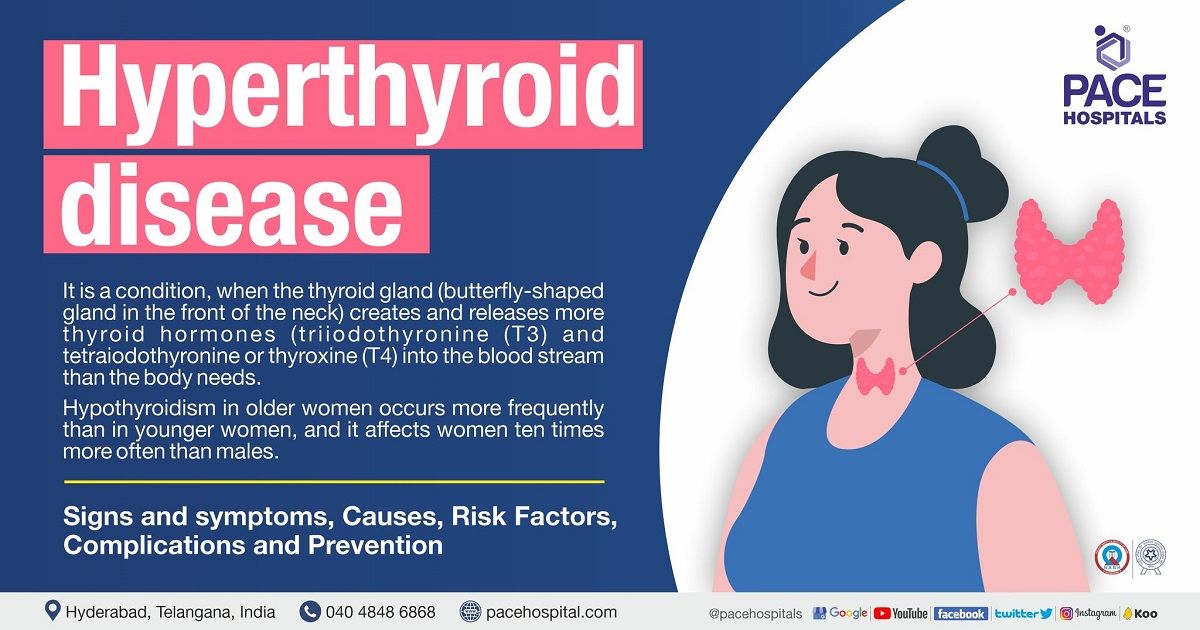
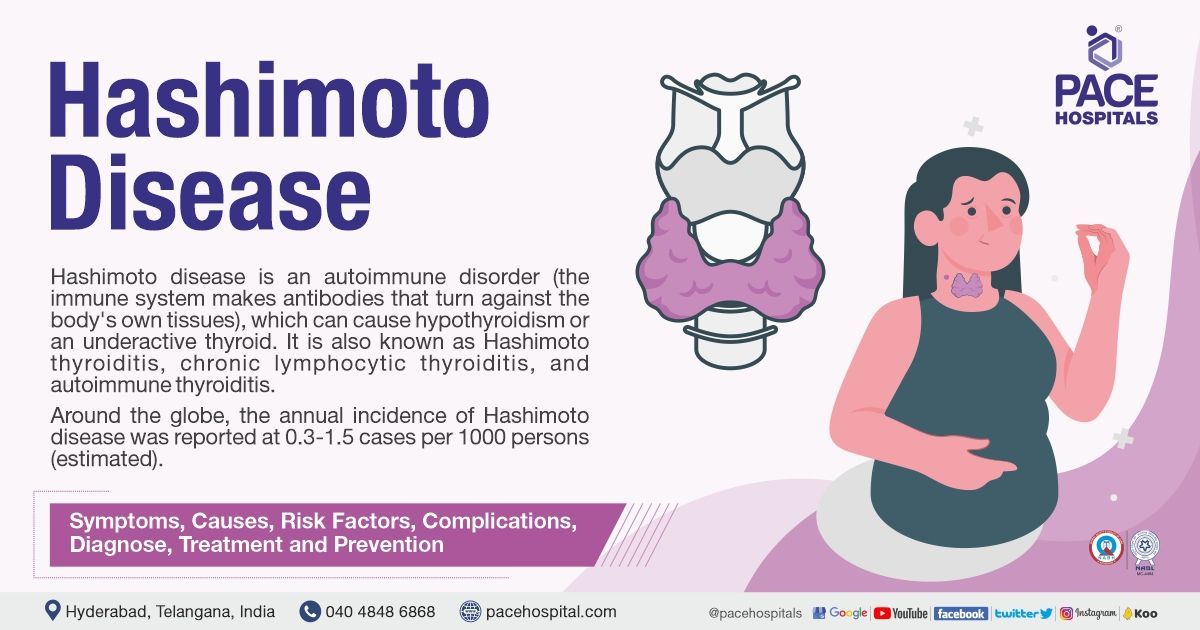
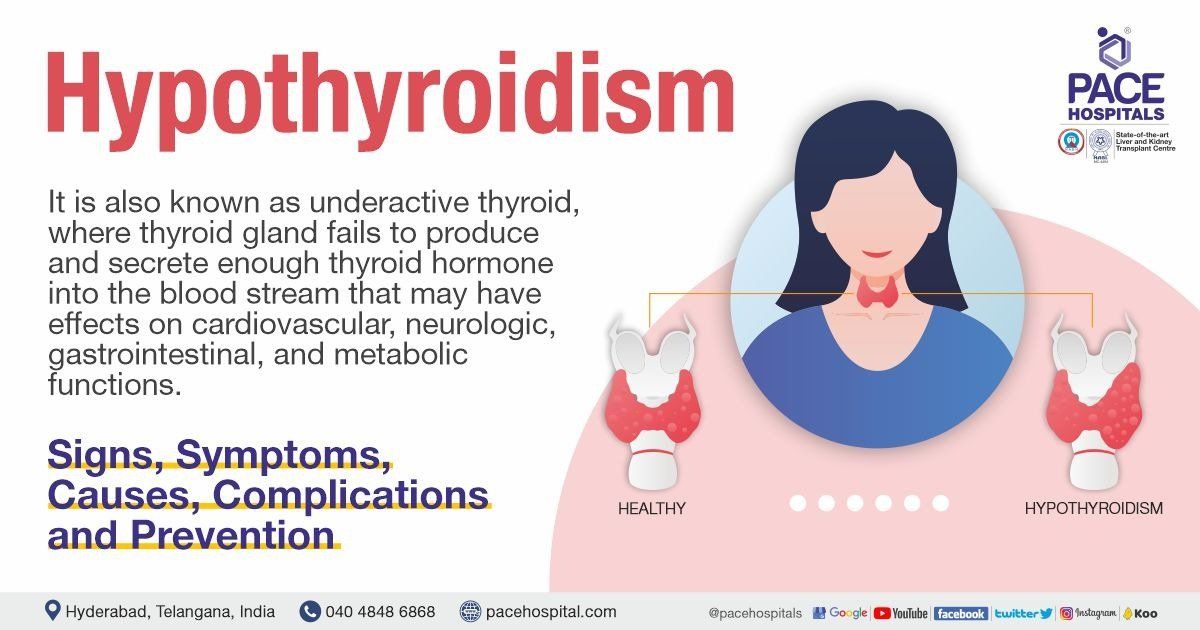
Share on
Request an appointment
Fill in the appointment form or call us instantly to book a confirmed appointment with our super specialist at 04048486868
Appointment request - health articles
Recent Articles


